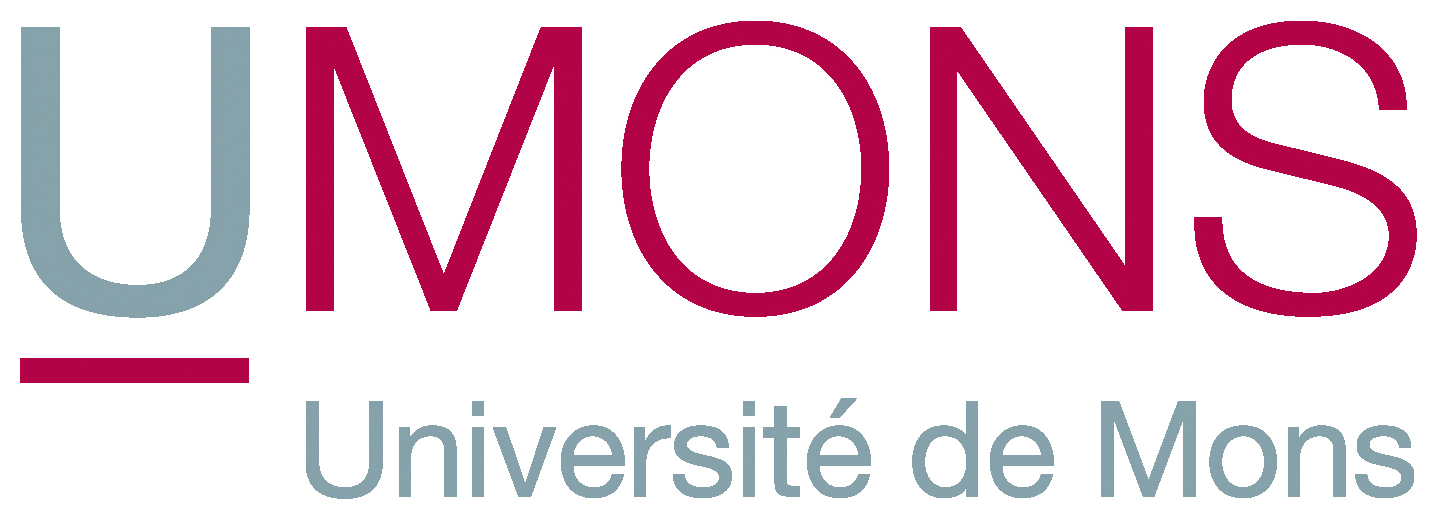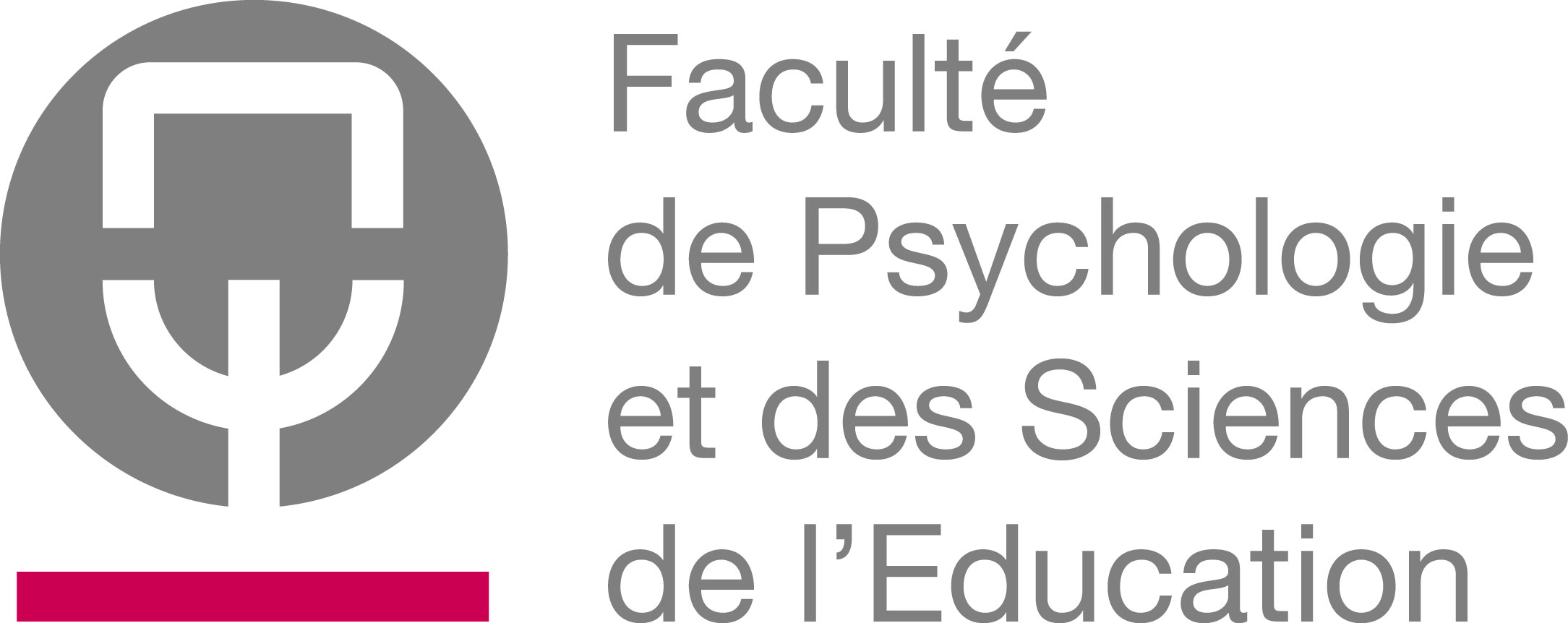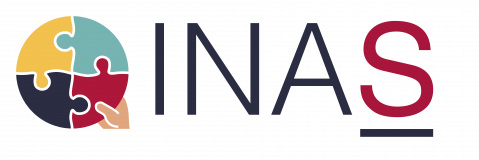From July 10, 2023 to July 23, 2023, Marie Bocquillon and Christophe Baco (Institute of Educational Management, Faculty of Psychology and Educational Sciences, University of Mons) presented various lectures at several events on education in Portugal and Spain. As shown in the following text, during these conferences, the following elements were presented, among others : a) the equitable nature of explicit instruction b) the scientific research that supports this pedagogical approach c) the teaching strategies of this pedagogical approach and d) the fact that it respects students’ cognitive load in order to support their learning.
Stage 1/6: Conferences in Lisbon
At the University of Lisbon (ISEG) on July 11, 2023, Marie Bocquillon and Christophe Baco each presented, by invitation, a lecture in English on explicit instruction at the event ” Students Can Succeed in Math ! What can math education do from early infancy to adulthood to help youngsters succeed at the university and in their professional life”. During these conferences, the equitable nature of explicit instruction was developed. This means that this pedagogical approach enables the greatest number of students to progress, while reducing the gaps between them. In French-speaking Belgium, as in other education systems, learning gaps between students are still strongly correlated with students’ social background. The use of explicit instruction can help to reduce this link between social background and academic success. The lectures were followed by discussions with the audience, moderated by Filipe Serra de Oliveira (University of Lisbon).
Stage 2/6: Conferences in Coimbra
At the University of Coimbra, Marie Bocquillon and Christophe Baco each gave an invited lecture on explicit instruction at the summer school of the Portuguese Mathematical Society (conferences summaries). The French conferences were directly translated into Portuguese. During these conferences, while emphasizing that explicit instruction is one of the most important elements of teaching, without being the only approach to be used at all times, the speakers presented in particular how this approach has been established. First, classroom observations by researchers revealed teaching strategies that were positively correlated with student performance. Secondly, experimental research confirmed that these teaching strategies (now known as “explicit instruction”) are effective for student learning. Finally, meta-analyses and mega-analyses were able to synthesize all this research. Today, research into explicit instruction is still ongoing in various parts of the world, with the aim of continuously improving the approach.
Stage 3/6 Conferences in Santiago de Compostella
At the University of Santiago de Compostella (Spain), Nuno Crato (ISEG), Marie Bocquillon (UMONS) and Christophe Baco (UMONS) each gave a guest conference in English at the “Hungarian Mathematics” summer school. Nuno Crato discussed the importance of an explicit and well-structured curriculum for mathematics teaching. Marie Bocquillon and Christophe Baco then explained the different stages of explicit instruction and the teaching strategies associated with them. Indeed, for each stage of explicit instruction, there is a set of teaching strategies that teachers can mobilize. For example, it’s important to check students’ understanding in a deep, specific way, by asking them questions such as “Can you tell me how you found your answer?” rather than superficial questions such as “Did you understand?”, as the student may answer “yes” without having understood, and this informs the teacher little about the student’s understanding. Of course, these teaching strategies can be used in different pedagogical approaches, but explicit instruction offers a framework for employing these different teaching strategies consistently throughout the different stages of a lesson.
Stage 4/6: Continuation of the Portuguese Mathematical Society summer school
Marie Bocquillon and Christophe Baco took part in the continuation of the Portuguese Mathematical Society’s summer school, held at the Quinta Das Flores secondary school in Coimbra. This enabled them to continue their exchanges with teachers, trainers and researchers on the subject of explicit instruction, evidence-based education and their place within different educational systems. The different curricula used over time in different education systems were also discussed. Several conferences, including one by Nuno Crato and Isabel Hormigo on the use of textbooks, provided further food for thought on the teaching of mathematics.
Stage 5/6: Conferences in Porto
At the University of Porto, Marie Bocquillon and Christophe Baco each presented an invited conference in English. Discussions with the audience were organized by José Carlos Santos (Professor at the University of Porto). The lectures focused notably on research in cognitive psychology, which helps us to understand why explicit instruction is effective. For example, research by Geary and Sweller has shown that academic skills such as mathematics and reading are learned through explicit instruction that takes into account learners’ cognitive load.
Find out more about cognitive load theory
Stage 6/6: Discussion with the Iniciativa Educação foundation
In Lisbon, Marie Bocquillon was invited to discuss her work with members and collaborators of the Iniciativa Educação foundation, whose main aim is to “help ensure young people achieve educational success, by supporting exemplary projects that have the potential to be replicated in both the educational system and in society at large” (foundation website). During this rich discussion, the origins of explicit instruction – a pedagogical approach that originated in the classroom and has been validated by numerous research studies – were notably discussed. Ideas for improving initial and in-service teacher training in the light of explicit instruction and evidence-based education were also discussed.
Acknowledgements
The speakers would like to extend their warmest thanks to Nuno Crato (University of Lisbon, ISEG) for initiating this trip and for the constructive exchanges with him throughout the various stages. They would also like to thank the organizers of the various events: Nuno Crato and Filipe Serra de Oliveira (University of Lisbon, ISEG), Isabel Hormigo (Portuguese Mathematical Society), Jorge Losada Rodriguez (University of Santiago de Compostela) and José Carlos Santos (University of Porto). They would also like to thank the INICIATIVA EDUCAÇÃO foundation for its interest in their work. Finally, they would like to thank all the participants for their attendance and the interesting exchanges that took place at the end of the various conferences.



